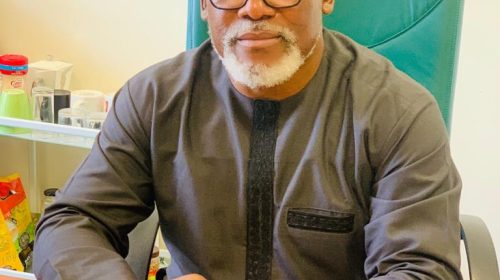Insecurity, COVID-19 uncertainties drag FDI to $65m

Foreign Direct Investment inflow to Nigeria dropped to $65m as of the end of the fourth quarter of 2020 from $780m as of the end of third quarter. Figures obtained by our correspondent from the Central Bank of Nigeria’s economic report in the fourth quarter revealed. Part of the report read, “Foreign Direct Investment inflow declined to $0.65bn, relative to $0.78bn in the previous quarter, as both equity and reinvested earnings declined during the review period, occasioned by the lingering insecurity challenges and uncertainty surrounding the second wave of the COVID-19 pandemic.” The report stated that foreign capital inflow improved during the review period, driven, largely by inflow for the purchase of money market instruments, signifying renewed confidence in Nigeria’s money market. As a result of this development, the net liability incurred during the review period increased to $1.78bn, relative to $0.33bn in the third quarter of 2020. This was a result of the boost in portfolio inflow, particularly for the purchase of short-term money market instruments. Other investment liabilities recorded an outflow of $0.61bn, due mainly to the repayment of loans by banks and the private sector during the review period, it stated.






Leave a Reply